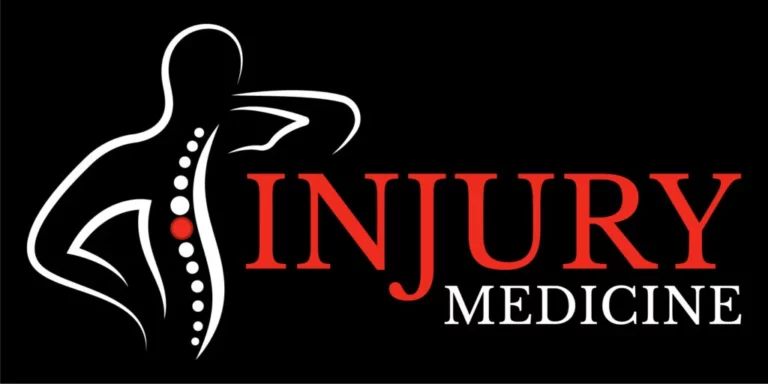Medical Definition of Strain:
A strain is a common musculoskeletal injury characterized by the overstretching or tearing of muscles or tendons. Muscles are responsible for contracting and moving body parts, while tendons are fibrous tissues that connect muscles to bones. Strains can occur when these tissues are subjected to excessive force or overuse, leading to damage. Depending on the severity, strains can be categorized as mild (Grade 1), moderate (Grade 2), or severe (Grade 3).
Common Signs and Symptoms of a Strain:
Strains are associated with several common signs and symptoms, including:
Pain: Individuals with a strain typically experience localized pain at the site of the injury, which can range from mild to severe.
Swelling: Swelling or edema may occur as a result of the body’s natural response to tissue damage. Swelling can cause additional discomfort.
Bruising: Bruising or ecchymosis may develop due to bleeding beneath the skin, often resulting from damaged blood vessels.
Muscle Weakness: Strains can lead to temporary muscle weakness or reduced strength in the affected area.
Limited Range of Motion: Depending on the severity of the strain, individuals may experience a reduced range of motion in the injured muscle or joint.
Importance of Strains in Medicine:
Strains are medically significant for several reasons:
Pain and Disability: Strains can cause significant pain and discomfort, often leading to temporary disability and the need for medical attention.
Risk of Complications: If not properly managed, strains can lead to complications, such as chronic pain, muscle imbalances, or recurrent injuries.
Rehabilitation: Rehabilitation, including physical therapy, is a crucial part of the treatment process for strains. It helps individuals regain strength, flexibility, and function in the affected area.
Prevention: Understanding the causes and risk factors for strains can help individuals take preventive measures to reduce the likelihood of injury.
Legal Implications of Strains:
Strains can have legal implications in various contexts, particularly in cases involving personal injury claims, workers’ compensation, employment discrimination, and issues related to negligence or premises liability. Here are some key legal considerations:
Personal Injury Claims: Individuals who sustain strains due to accidents, falls, or incidents may pursue personal injury claims to seek compensation for medical expenses, pain and suffering, lost wages, and disability.
Workers’ Compensation Claims: Employees who suffer work-related strains may file workers’ compensation claims to receive benefits, including medical coverage, disability payments, and vocational rehabilitation.
Employment Discrimination: Employees with strains are protected by anti-discrimination laws, such as the Americans with Disabilities Act (ADA) in the United States. Employers are required to provide reasonable accommodations to individuals with disabilities, including those with strains, to ensure equal employment opportunities.
Premises Liability: Property owners or operators may be held liable if a strain occurs due to hazardous conditions on their premises, such as slippery floors or uneven walkways. In such cases, premises liability claims may be pursued.
Legal Considerations for Strain Cases:
Several legal considerations apply to cases involving strains:
Medical Documentation: Thorough and accurate medical documentation, including diagnostic imaging, treatment plans, and progress reports, is crucial for personal injury claims, workers’ compensation cases, and disability claims related to strains.
Expert Testimony: Medical experts, including orthopedic specialists, physical therapists, or rehabilitation specialists, may provide expert testimony to assess the individual’s condition, functional limitations, and the impact on their daily life.
Reasonable Accommodations: Employers may be required to provide reasonable accommodations to employees with strains to ensure they can perform their job duties effectively and without discrimination.
Anti-Discrimination Laws: Understanding and applying anti-discrimination laws, such as the ADA, is crucial for both employees and employers in cases involving strain-related employment issues.
Workers’ Compensation Regulations: Compliance with workers’ compensation regulations and requirements is essential for employees seeking benefits for work-related strains.
Conclusion:
A strain is a common musculoskeletal injury characterized by the overstretching or tearing of muscles or tendons. In legal contexts, strains can have implications related to personal injury claims, workers’ compensation, employment discrimination, and access to medical care. Legal considerations in strain cases include medical documentation, expert testimony, reasonable accommodations, and compliance with anti-discrimination, workers’ compensation, and premises liability laws. Adequate legal and medical support is essential for individuals with strains to navigate potential legal challenges successfully and access the care and benefits they need.

